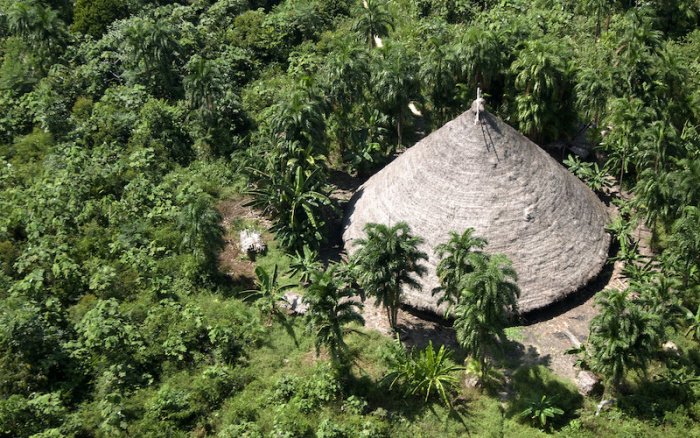The Arns Commission and Human Rights Lawyers Collective denounce the President of the Republic to the International Criminal Court
12 Nov 2019, 9:09
Jair Messias Bolsonaro was denounced to the International Criminal Court for “crimes against humanity” and “incitement to genocide of Indigenous peoples of Brazil”. An initiative from the Arns Commission and the Human Rights Lawyers Collective (Coletivo de Advocacia em Direitos Humanos – CADHu, in Portuguese), the complaint will be analyzed by the Court, which may determine an investigation against the Brazilian president.
“The dismantling of socio-environmental policies, environmental oversight structures, the encouragement and facilitation of deforestation, the invasion of Indigenous lands, reluctance to demarcate these lands, omissions regarding forest fires and diversionary tactics deployed in the investigation conducted so far are acts that put Indigenous peoples at risk of genocide,” states the document.
The communication from the organizations, based on Article 15 of the Rome Statute, sustained that since the beginning of his administration, the president has incited violations against Indigenous and traditional populations, weakened institutions of control and inspection, dismissed award-winning researchers from research organizations, and has been flagrantly negligent in his response to environmental crimes in the Amazon, among other actions that have raised the situation to a point of global alert. For this set of actions, the CADHu and the Arns Commission understand that Bolsonaro is personally responsible for a crime against humanity, which is the reason for the complaint.
The entities say that the measures taken by Bolsonaro encouraged the incitement to commit genocide against Brazilian Indigenous peoples and traditional communities, as they can intentionally “destroy, in whole or in part, a national, ethnic group” through “killing leaders and members of traditional communities and indigenous peoples” (Article 6.a of the Rome Statute); “causing serious bodily or mental harm to members of the group” (Article 6.b of the Rome Statute); or “deliberately inflicting on the group conditions of life calculated to bring about its physical destruction in whole or in part” (Article 6.c of the Rome Statue).
Perpetrated in a generalized and systematic manner through a state policy of incitement, these acts constitute crimes against humanity, because they may lead to: (i) extermination (Article 7.1.b of the Rome Statute), as the living conditions and lifestyles of the Indigenous peoples are being destroyed by the river pollution and invasion of their lands by wild-cat miners, loggers, and land-grabbers; (ii) forcible transfer of populations (Article 7.1. d of the Rome Statute); (iii) persecution (Article 7.1.h of the Rome Statute), demonstrated by the rapid deinstitutionalization of Brazilian Indigenous policies and the degradation of their lands that the Government is deliberately and systematically failing to protect (similar to the destruction of homes and properties in the case law established by the International Criminal Court); and (iv) "Other inhumane acts of a similar character intentionally causing great suffering, or serious injury to physical integrity or to mental or physical health" (Article 7.1.k of the Rome Statute).